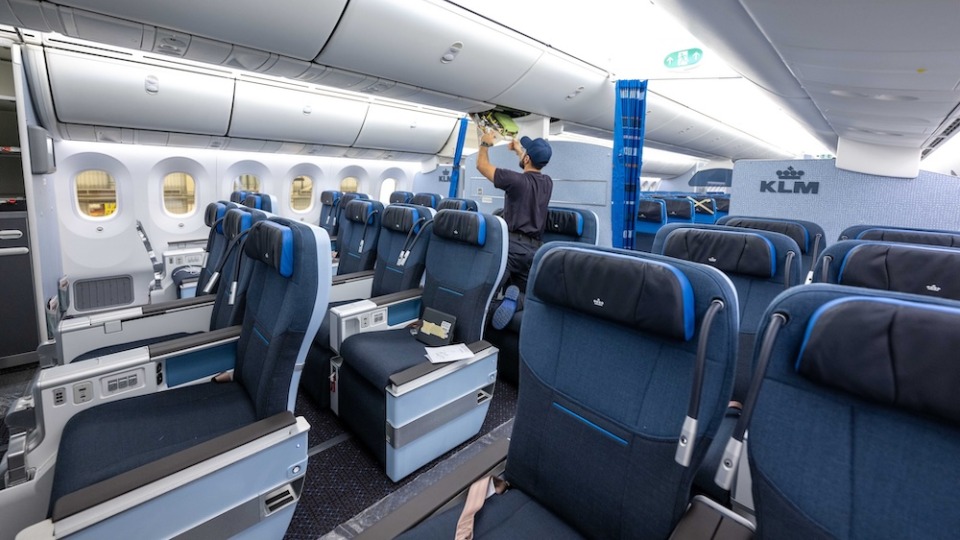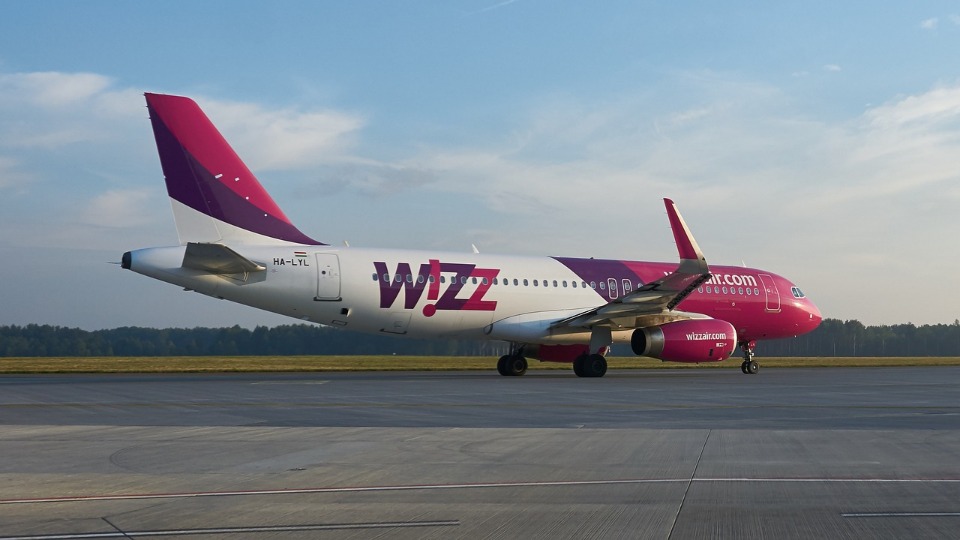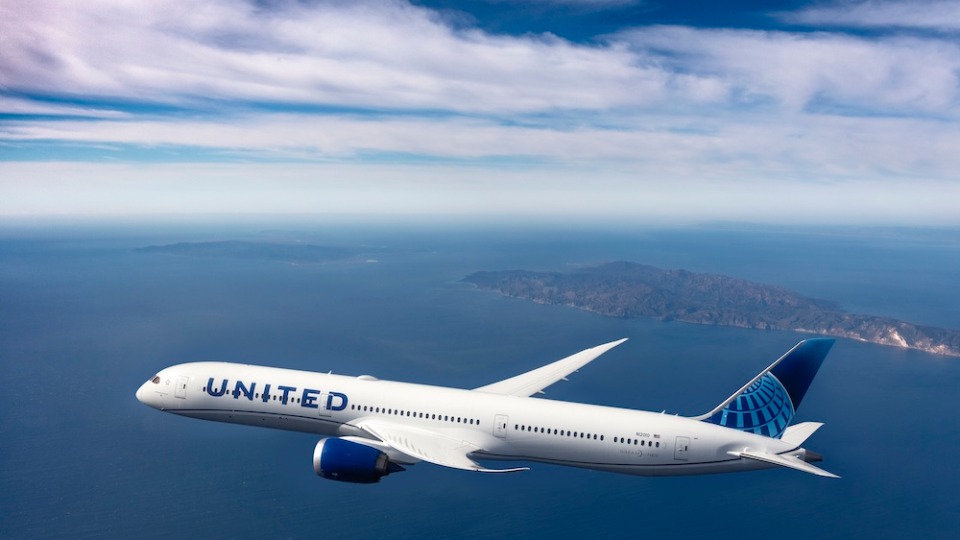
Australia Now Requires All Chinese Visitors to Undergo a Covid-19 Test

Beginning January 5th, Chinese travellers heading to Australia will be required to take and provide proof of a negative test within 48 hours of departure.
Australian authorities have taken this step in light of the considerable potential for the existence of new virus strains and a large wave of cases in China.
Australia has joined the growing list of nations that have restricted Chinese citizens from entering the country. India, Malaysia, Spain, the UK, and the US are among them.
The administration in Canberra has stressed that these measures are only preventative and interim in nature. Moreover, authorities in Australia think information sharing is critical for detecting novel viral types as soon as they appear.
Concerned about "an absence of comprehensive information regarding the [COVID-19] situation in China," Federal Health Minister Mark Butler expressed his worries to local media on Monday.
Butler assured the Australian Broadcasting Corporation that Canberra had no restrictions on travel from China, echoing similar statements made by other nations. “All we are asking is that there be a COVID test submitted before departure”, he stated. The decision is seen as a “modest, balanced measure in line with countries across North America, Europe and Asia — pretty much all of the countries to which we would usually compare ourselves have done something similar to what we have down, or exactly what we have done, and we are confident will give us that access to information that the World Health organization has said is currently lacking”, Butler added. He also said that he was unaware of any response from China in light of the forthcoming obligatory testing programme.
Australia and China's relationship has been significantly impacted in the past due to the COVID-19 virus. Ex-Prime Minister Scott Morrison, of the center-right Liberal Party, called for an investigation into the virus's Chinese origins in 2020.
Relations between the two countries quickly worsened after the call angered the Beijing authorities. China's rising military tensions in the South China Sea and its treatment of Taiwan, which it claims as its own territory, were additional points of contention. Australia has been outspoken in its condemnation of China's treatment of its Uighur Muslim minority and its crackdown on pro-democracy protesters in Hong Kong.
China has put limits on imports of coal, wine, and barley from Australia. Australia was accused of "anti-China hysteria" and "economic coercion" by Beijing.
Since a center-left administration was elected in Canberra in May, diplomatic relations have been steadily strengthening, with many high-profile encounters of top government officials.
Australia's Prime Minister Anthony Albanese predicted in December that differences were inevitable despite the country's hopes for stability and collaboration with China, its largest economic partner.
Up to 15,000 new cases of COVID-19 are recorded weekly in Australia, according to the most recent available official statistics.
Source: voanews.com








